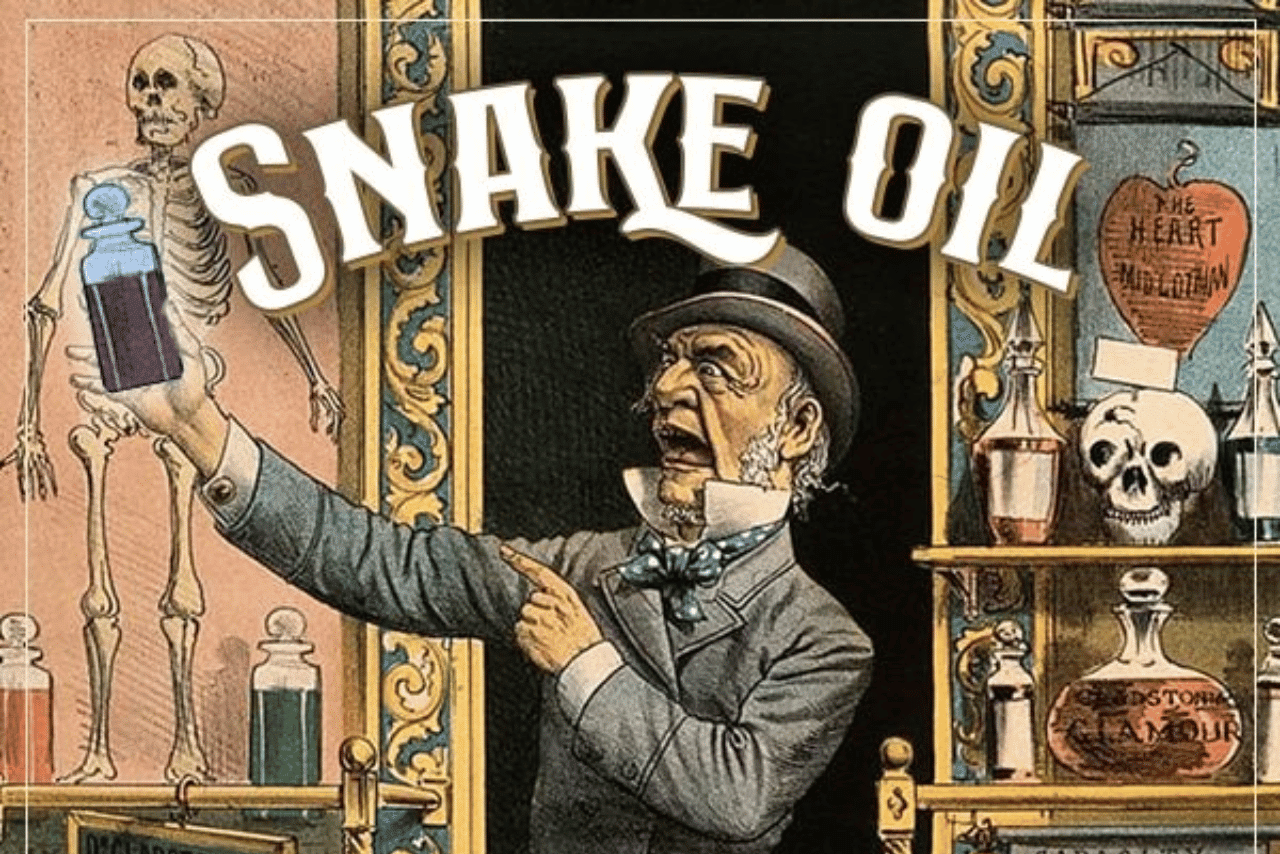
WHY SHOULD YOU CARE?
In this insightful article, we delve into the controversial topic of Employee Experience (EX), a concept gaining traction in modern corporate culture. Antoinette Weibel, a renowned professor, challenges its effectiveness, highlighting the lack of scientific evidence and potential negative impacts. This piece is a must-read for business professionals and organizational leaders seeking to navigate the complexities of employee management strategies while ensuring they make informed, ethical decisions that genuinely benefit their workforce.
In the ever-evolving landscape of personnel management, a new buzzword has been making rounds in the corporate corridors – Employee Experience (EX). But is this just a fleeting trend, or does it have substantial grounding? Antoinette Weibel, Professor of Personnel Management at the University of St. Gallen and Co-Founder of Good Organizations casts a critical eye on this concept, challenging its validity and underlying implications.
At its core, EX seeks to encapsulate how employees perceive their journey within an organization. It’s touted as a holistic approach, promising to enhance employee engagement, satisfaction, and productivity. However, as Weibel articulately points out, the scientific backing for these claims is, at best, flimsy. Her exploration into the realm of EX reveals a concerning lack of rigorous research, with most findings stemming from vendor-driven studies rather than unbiased academic inquiry.
The concept of EX itself suffers from a lack of a precise definition. It ranges from the well-researched domain of work engagement to a haphazard mix of unrelated components, making it challenging to discern its unique value proposition. This vagueness leads to ambiguity, making it difficult to separate the wheat from the chaff – what is genuinely innovative, and what is merely old wine in new bottles.
Weibel’s critique extends to the quality of research surrounding EX. Unlike academic research, where transparency and peer-review processes are paramount, much of the research on EX lacks objective, transparent, and well-tested insights. This discrepancy raises concerns about the authenticity and reliability of the findings, as commercial vendors primarily drive them.
Perhaps the most striking warning from Weibel is the potential adverse effects of adopting EX uncritically. The use of consumerism language and the threat of manipulation in workplaces are real concerns. She fears that the emphasis on EX might reduce employees to mere pawns in a grand marketing strategy, undermining their dignity and autonomy.
Weibel advocates for a more grounded approach, urging organizations to invest in genuine employee growth, development, and well-being. She envisions a workplace where employees are treated as mature, dignified individuals, contributing responsibly and collectively to the organization and the planet.
As the debate around EX continues, it’s clear that more rigorous research and critical discussion are needed. While the allure of a panacea for workplace woes is tempting, it’s crucial to approach such solutions with caution and skepticism. The goal should be to foster environments that respect and nurture employees, rather than chasing after unproven and potentially harmful trends.
The dialogue initiated by Antoinette Weibel on EX serves as a timely reminder for the business world. It’s a call to look beyond the glossy veneer of trendy concepts and delve deeper into their substance and impact. After all, the true measure of any organizational practice lies not in its popularity but in its ability to enhance the lives of those it affects – the employees.
Explore the realities and myths of Employee Experience at The HR Congress WorldSummit in Porto, where leading experts, including Antoinette Weibel, unravel the potential and pitfalls of EX in shaping the future of work.

Written by: Mihaly Nagy
Employee Experience Future of Work HR Strategy
Previous post

labelVideos today2024.01.03.
Empathy, Recognition, and Leadership: Embracing a New Era of Employee Value
WHY SHOULD YOU CARE? Gain insights on creating a human-centric workplace, emphasizing empathy, recognition, and leadership. Essential for forward-thinking leaders, it provides vital strategies for nurturing a thriving organizational culture [...]
Similar posts

labelArticles today2024.10.21.
The success-recipe to build agile and future-ready organizations in 2025 and beyond








Post comments (0)